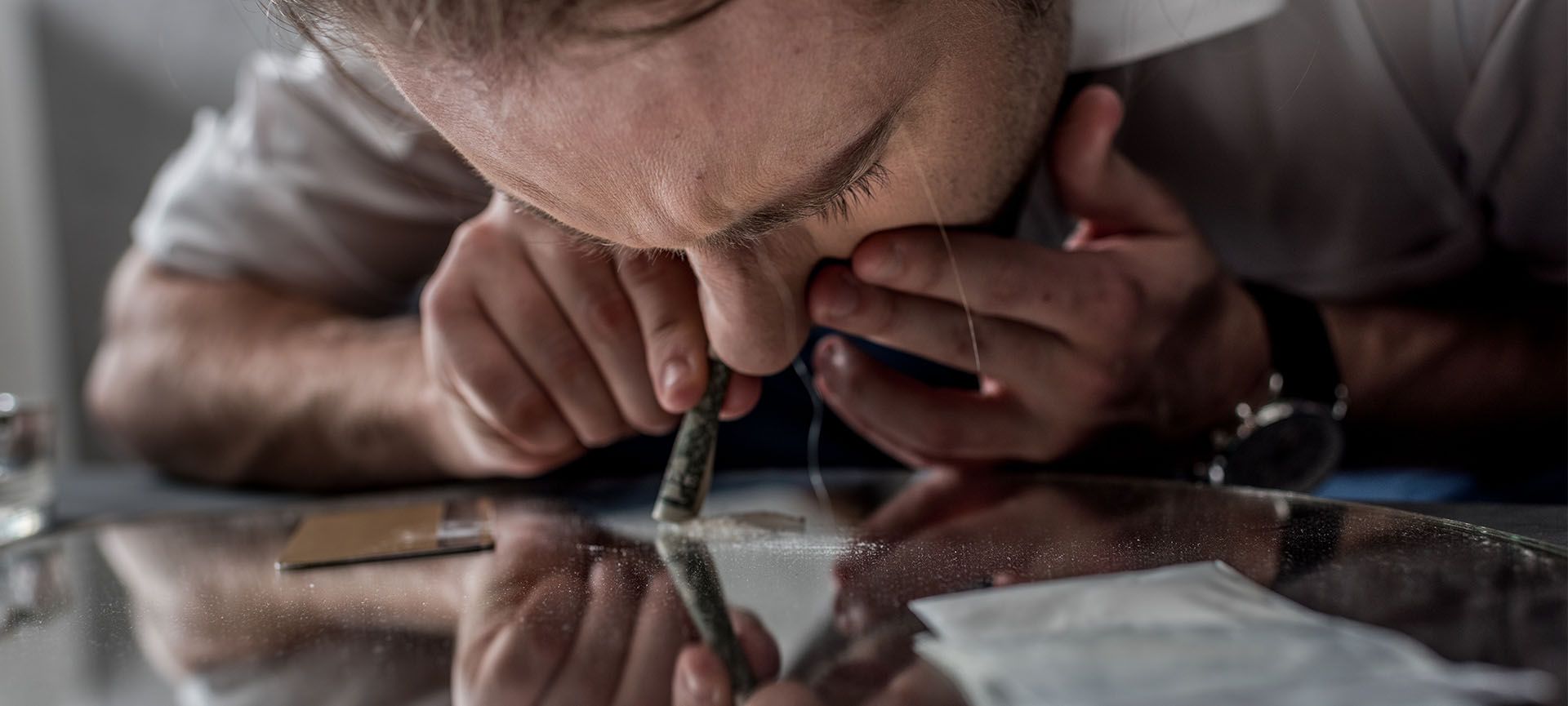How Long Does Cocaine Stay in Your System? Factors that Affect Drug Metabolism
Cocaine is a powerful central nervous system stimulant that can have serious health consequences.
Detox is the first step to cocaine addiction recovery. And if you’re about to start that journey, it’s important to know how long cocaine stays in your system and what factors can affect its metabolism.
This blog post will explore those topics so that you can better understand the risks involved with using this illicit substance and the path to recovery.
Stay informed and stay safe!
How Long Does Cocaine Stay in Your System?
Cocaine is a powerful stimulant that has become widely abused in recent years. The drug has a relatively short active period but can linger in the body long after its effects have worn off.
Depending on how much was consumed and the frequency of use, cocaine can stay in the system for between one and ten weeks.
Generally speaking, cocaine takes a while to leave the system, and no two people will process substances at identical rates. However, you should expect your body to be completely free of the drug within several weeks following the last usage.
Factors that Affect How Long Cocaine Stays in Your System – Metabolism, Body Fat Percentage, Frequency of Use
Cocaine affects the central nervous system, and its effects can last anywhere from 5-90 minutes depending on the route of administration.
However, the length of time cocaine remains in your system is much longer and highly dependent on several factors. These include
- The speed of your metabolism
- Body fat percentage
- Frequency of use
The faster your metabolism, the quicker your system can eliminate cocaine from your body. How long cocaine stays in your body also increases with a higher body fat percentage.
Increased frequency of drug use leads to the accumulation of cocaine in your tissues and organs. Therefore, the more frequent your cocaine usage is, the longer it will stay in your body system.
It is, therefore important to consider how these factors affect how long cocaine stays in your system when engaging in drug use.
Related Article: The Dangers of Mixing Alcohol and Cocaine: Health Risks and Consequences
Methods of Detection – Drug Tests, Symptoms of Cocaine Use
Questions about how long cocaine stays in your body system are directly related to drug testing and detection methods. Drug tests are the most accurate and reliable method of detecting cocaine use.
By testing for the metabolites of cocaine, doctors can detect recent use with a high degree of accuracy — even when the individual is no longer experiencing any effects from using the drug.
Blood tests are often used to detect cocaine since the substance remains detectable for 1-3 days. Urine tests may detect the presence of cocaine and its metabolized form, benzoylecgonine, for up to 72 hours after a single use and infrequent users may test positive for cocaine up to five days later.
Saliva tests are also commonly used to check for cocaine and can detect it up to 72 hours after usage. Hair follicle testing is an extreme measure as it can reveal evidence of regular drug use over months and even years after the last usage.
However, it is not always possible to quickly access drug tests, so other methods may need to be used to arrive at a diagnosis.
One way to know if someone has been abusing cocaine is by assessing their physical symptoms, such as an elevated heart rate, dilated pupils and tremors. In addition, psychological symptoms like paranoia, irritability or an increased need for stimulation may also indicate that cocaine use is occurring.
It’s important to note that to assess whether someone has been abusing drugs, multiple pieces of evidence and a holistic approach should be taken into account.
Effects of Cocaine Use
Cocaine is a powerful stimulant that can have short and long-term effects on your body.
Short-term Effects of Cocaine
Cocaine is a central nervous system stimulant that increases alertness, arousal, and energy levels. It also causes increased heart rate and blood pressure.
These effects are usually short-lived, lasting only a few minutes to an hour. However, some people may experience longer-lasting effects depending on the method of use (snorting, smoking, etc.), dosage, and individual physiology.
Long-term Effects of Cocaine
Prolonged cocaine use can lead to addiction and other serious health problems, such as high blood pressure, cardiac arrhythmias, stroke, and respiratory failure.
In addition to the physical risks associated with cocaine use, mental health risks include anxiety, paranoia, and psychosis.
Treatment Options for Cocaine Addiction
Cocaine addiction is a serious mental health issue that can significantly impact an individual’s overall well-being and quality of life. Thankfully, the medical field has now developed a variety of treatment options designed to help those struggling with cocaine addiction and assist them in their journey of recovery.
Cocaine addiction treatment programs typically include a combination of individual therapy sessions to work through triggers, lifestyle changes for long-term success, family therapy and support groups to provide additional social assistance, and medications to manage withdrawal symptoms.
Additionally, many addiction treatment centers offer specialized services tailored to individuals regarding relapse prevention and wellness plans. With the right plan in place, recovery from cocaine addiction is possible with dedication and consistent effort.
Related Article: Different Types of Addiction Recovery Programs and Which One Fits Best for You
Final Thoughts
It’s important to know how long cocaine stays in your system and the different detection methods because this knowledge can help you make informed decisions about your drug use.
If you or someone you know is struggling with addiction, there are many treatment options available that can help.
At Inspire Change Wellness Centre, we provide various holistic treatment options for cocaine addiction detox and recovery. More importantly, our approach is to customize a treatment plan based on your unique addiction characteristics.
Call 888 508 9802 to discuss treatment options with a certified addiction treatment specialist.





